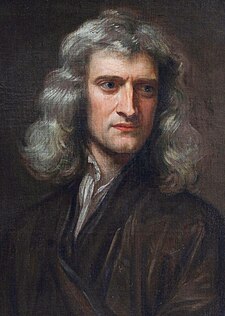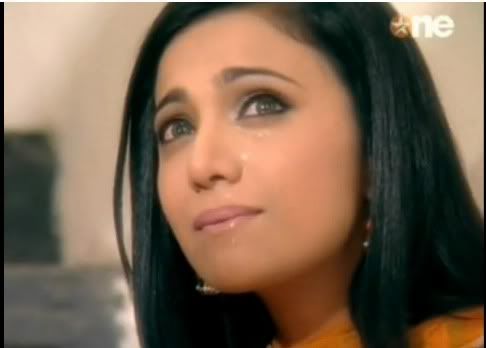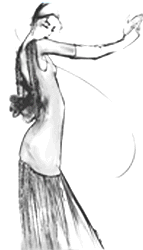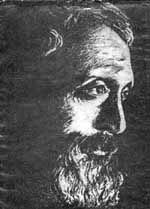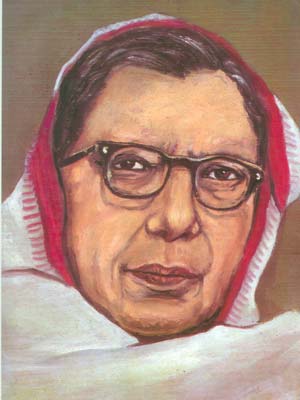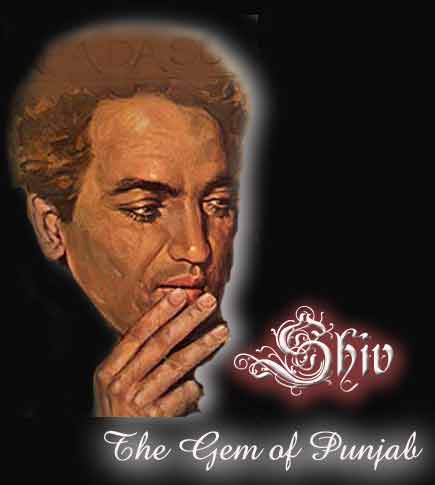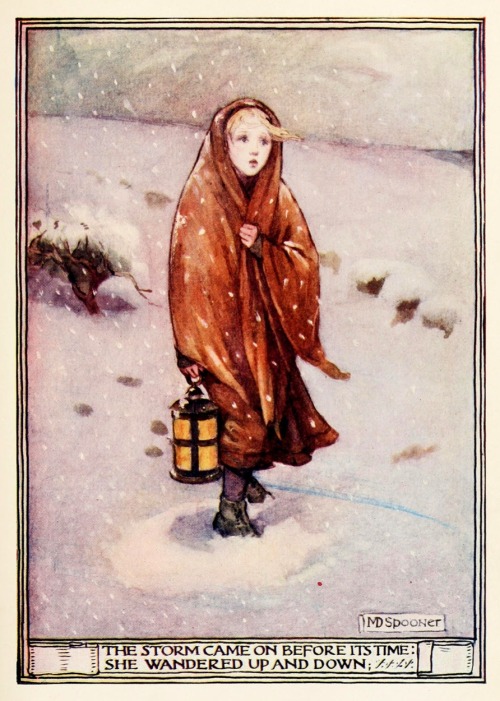Wo Kehti Hai Suno Jana’n Mohabbat Mom Ka Ghar Hai
Tapish Ye Bad Ghumani Ki Kahee’n Pighla Na De Isko
Mai Kehta Hoo’n K Jiss Dil Mai Zara Bhi Bad Ghumani Ho
Waha’n Kuchh Aur Ho Tau Ho Mohabbat Ho Nahi Sakti
Wo Kehti Hai, Sada Aisey Hi Kya Tumm Mujhko Chahogey
K Mai Iss Mai Kami Bilkul Gawara Karr Nahii Sakti
Mai Kehta Hoo’n, Mohabbat Kya Hai Ye Tumne Sikhaya Hai
Mujhe Tumsey Mohabbat K Siwa Kuchh Bhi Nahii Aata
Wo Kehti Hai Judai Se Boht Darta Hai Dill Mera
K Tumko Khudd Se Hatt Kar Daikhna Mumkin Nahii Hai Abb
Mai Kehta Hoo’n Yahi Khadshey Boht Mujhko Satatey Hain
Magar Sach Hai Mohabbat Mai Judai Sath Chalti Hai
Wo Kehti Hai Batao Kya Merey Binn Jee Sakogay Tumm?
Meri Batain Meri Yadain, Meri Aankhain Bhula Do Gay?
Mai Kehta Hoo’n Kabhi Iss Baat Par Socha Nahii Mainey
Agar Ikk Pall Ko Bhi Sochoo’n Tau Sansain Rukne Lagti Hain
Wo Kehti Hai Tumhe Mujhse Mohabbat Iss Qadar Kyu’n Hai
K Mai Ikk Aam Si Larhki Tumhe Kyu’n Khas Lagti Hoo’n
Mai Kehta Hoon Kabhi Khudko Meri Aankho’n Se Tum Daikho
Meri Deevangii Kyu’n Hai Ye Khud Hii Jaan Jaa’ogay
Wo Kehti Hai Mujhe Waraftagee Se Daikhte Kyu’n Ho?
K Mai Khuddko Boht Hi Qeematii Mehsoos Karti Hoon
Mai Kehta Hoon Mata E Jaa’n Boht Anmol Hoti Hai
Tumhe Jab Dekhta Hoon Zindagi Mehsoos Karta Hoon
Wo Kehti Hai Mujhey Alfaaz K Jughnoo Nahi Miltey
Tumhe Batla Sakoo’n Dill Mai Merey Kitni Mohabbat Hai
Mai Kehta Hoon Mohabbat To Nigaho’n Se Chhalakti Hai
Tumhari Khamoshi Mujhse Tumhari Baat Karti Hai
Wo Kehti Hai Batao Na Kisey Khone Se Darte Ho?
Batao Kaun Hai Wo Jisko Ye Mausam Bulate Hain?
Mai Kehta Hoon Ye Meri Shayari Hai Aaina Dill Ka
Zara Daikho Batao Kuchh Tumhe Iss Mai Nazar Aaya
Wo Kehti Hai K Aatif Jee Boht Batain Banatey Ho
Magar Such Hai K Ye Batain Boht Hii Shaad Rakhti Hain
Mai Kehta Hoon Ye Sab Batain, Fasane Ikk Bahana Hain
K Pall Kuchh Zindagani K Tumharey Sath Katt Jayain
Phir Uss K Baad Khamoshi Ka Dilkash Raqs Hota Hai
Nagahain Bolti Hain Aur Labb Khamosh Rehte Hain
Wo Kehti Hai Suno Jana’n Mohabbat Maum Ka Ghar Hai
Tapish Ye Bad Ghumani Ki Kahee’n Pighla Na De Isko
Mai Kehta Hoon K Jiss Dil Mai Zara Bhi Bad Ghumani Ho
Waha’n Kuchh Aur Ho Tau Ho Mohabbat Ho Nahi Sakti
Wo Kehti Hai, Sada Aisey Hi Kya Tumm Mujhko Chahogey
K Mai Iss Mai Kami Bilkul Gawara Karr Nahii Sakti
Mai Kehta Hoon, Mohabbat Kya Hai Ye Tumne Sikhaya Hai
Mujhe Tumsey Mohabbat K Siwa Kuchh Bhi Nahi



